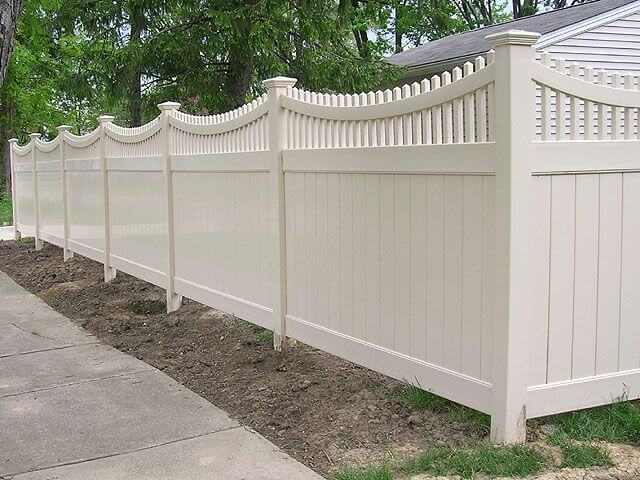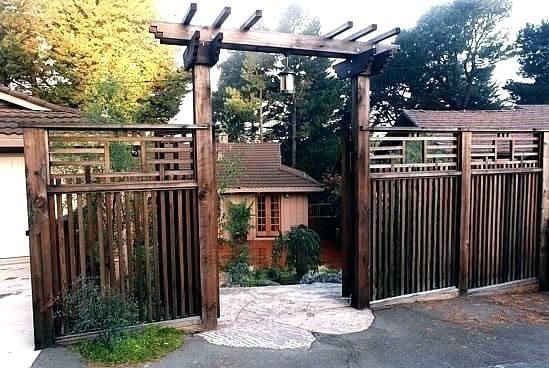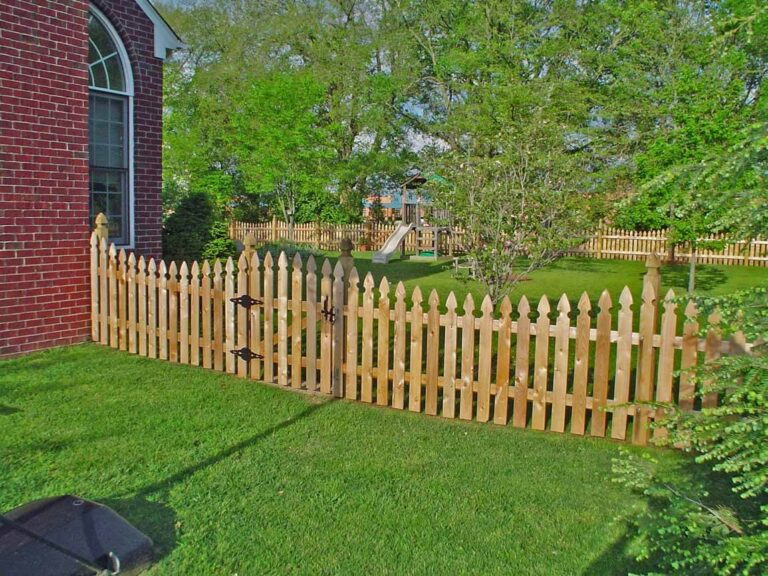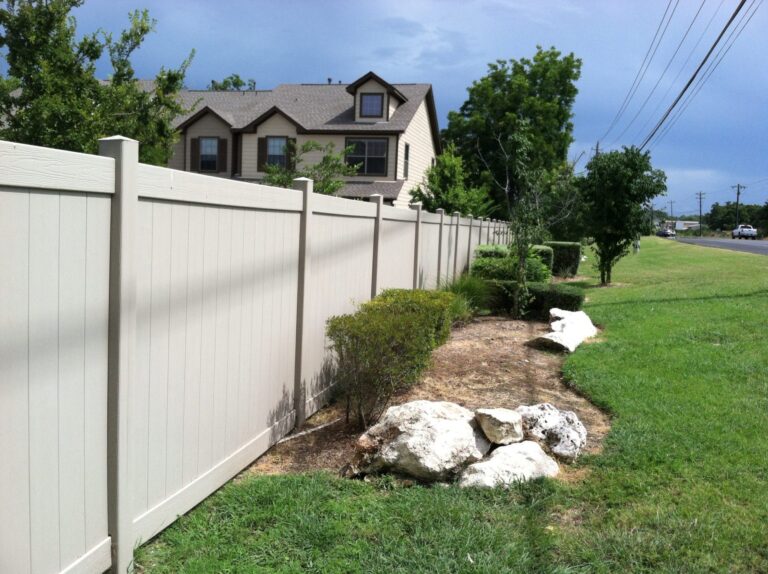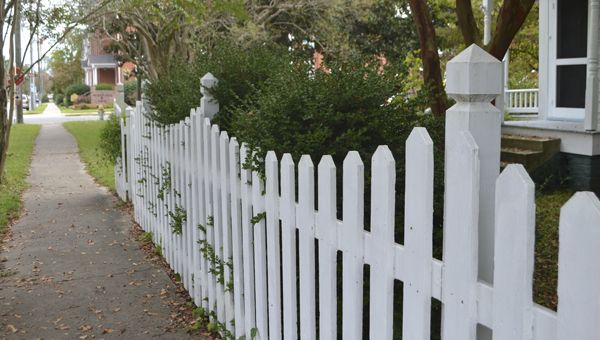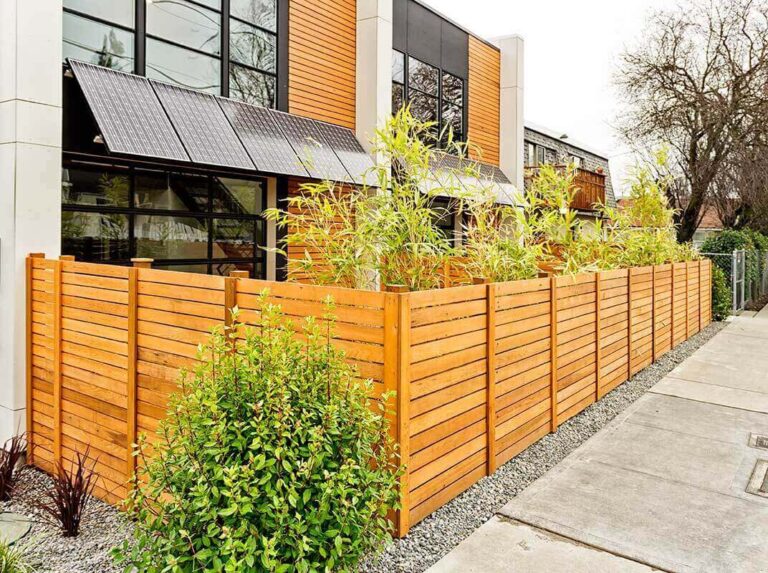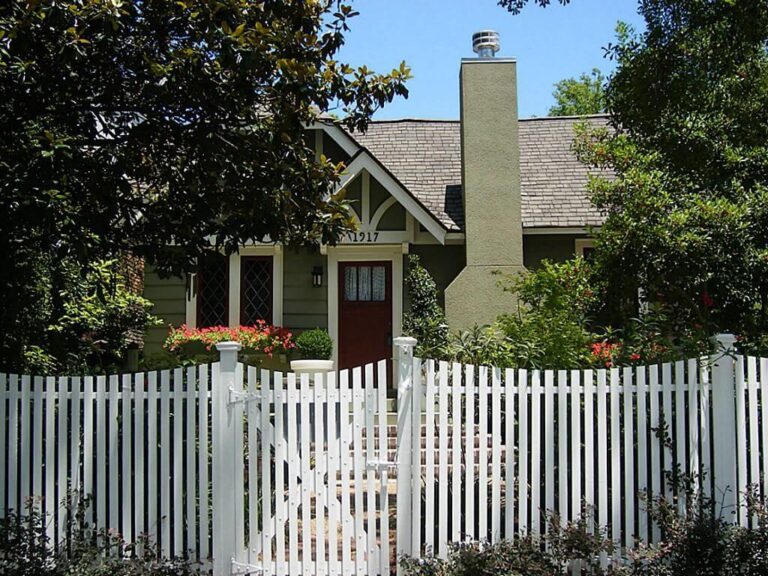PVC fencing offers low maintenance, durability, and various design options. However, it may lack the natural look of wood and could be vulnerable to extreme temperatures.
PVC fencing is a popular choice for homeowners seeking a low-maintenance and long-lasting fencing solution. Its durability and resistance to rot, rust, and pests make it suitable for various weather conditions.
Additionally, PVC fencing comes in a wide range of styles and colors, providing versatility for different aesthetic preferences.
On the downside, some people find that PVC lacks the natural appearance of wood fencing, and extreme temperatures can cause it to expand or contract.
Understanding the pros and cons of PVC fencing is essential for making an informed decision on whether it is the right choice for your property.
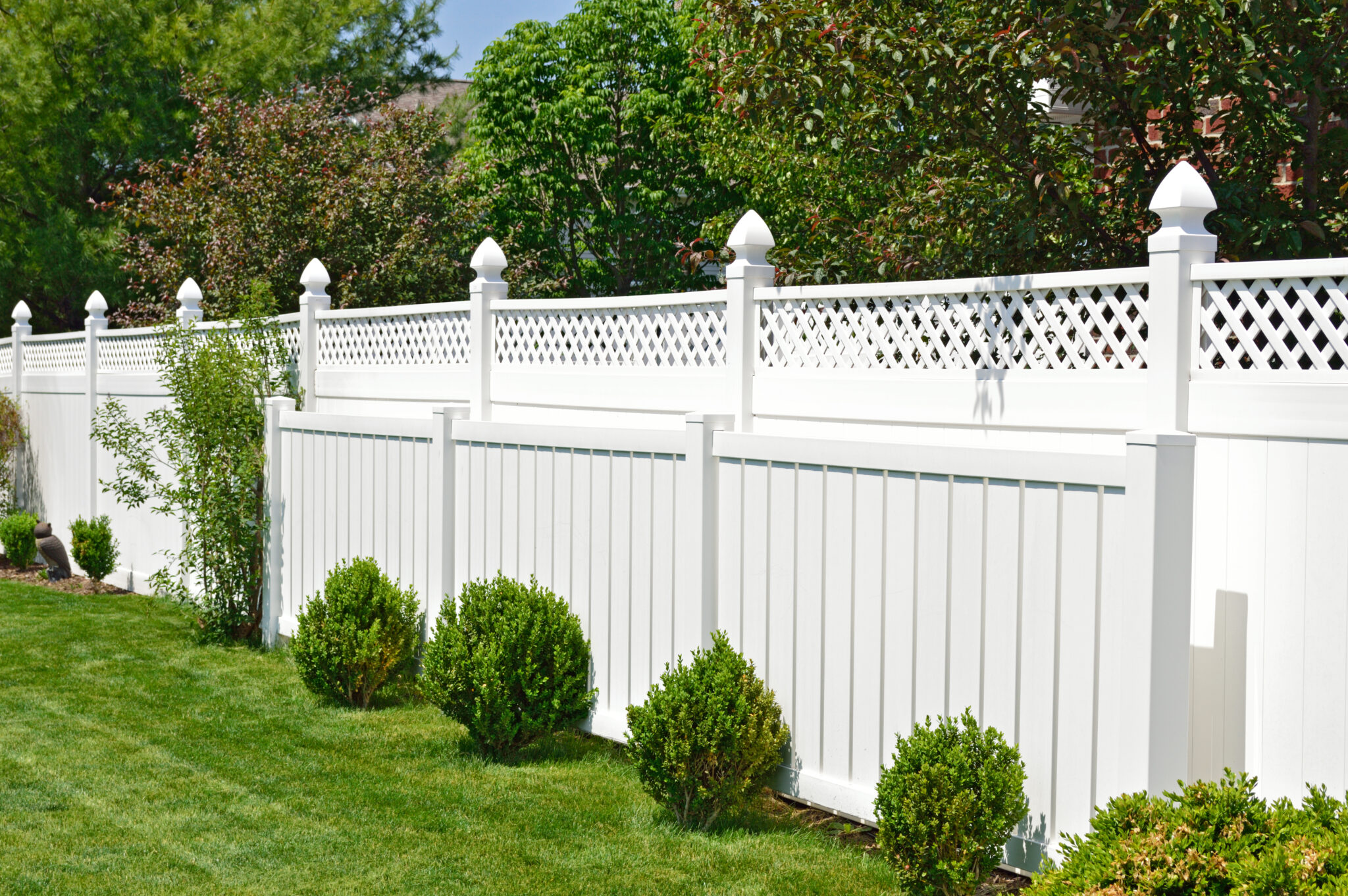
Understanding Pvc Fencing
PVC fencing has gained popularity in recent years for its durability, low maintenance, and aesthetic appeal.
Understanding PVC fencing is essential for homeowners considering this type of fencing for their properties.
From its definition and manufacturing process to the variety of styles and designs available, PVC fencing offers a range of benefits as well as some drawbacks.
Let’s delve into the pros and cons of PVC fencing to help you make an informed decision for your fencing needs, Vacaville Fence Builders.
Definition Of Pvc Fencing
PVC fencing, also known as vinyl fencing, is a type of fencing crafted from polyvinyl chloride (PVC) – a synthetic plastic polymer.
This material is robust, resistant to harsh weather conditions, and is known for its long lifespan.
PVC fencing is a popular choice for residential, commercial, and industrial applications due to its low maintenance and versatility.
It offers an alternative to traditional wood and metal fencing, providing a durable and visually appealing barrier for properties.
How Pvc Fencing Is Made
The process of manufacturing PVC fencing involves extruding the PVC material into hollow rails which are then assembled into pickets or panels.
The components are assembled using specialized machinery to form the desired fence style, such as privacy, semi-privacy, picket, or post-and-rail.
The result is a seamless and low-maintenance fencing solution that withstands the elements and retains its color and structural integrity over time.
Variety Of Styles And Designs
PVC fencing offers a diverse range of styles and designs to suit various architectural preferences and landscape aesthetics.
From classic white picket fences to ornate lattice designs, PVC fencing can mimic the appearance of traditional wood or intricate wrought iron without the associated maintenance requirements.
This versatility allows homeowners to customize their fencing to complement the overall look of their property, while also benefitting from the low-maintenance and long-lasting features of PVC fencing.
The Pros And Cons Of Pvc Fencing
When considering fencing options for your property, PVC fencing is often at the top of the list.
It offers a range of benefits and drawbacks that are important to consider before making a decision.
In this article, we’ll explore the advantages and disadvantages of PVC fencing, helping you make an informed choice for your property.
Advantages Of Pvc Fencing
When it comes to PVC fencing, several advantages make it a popular choice for homeowners and businesses alike.
Let’s delve into some of the key benefits:
Low Maintenance: PVC fencing requires minimal upkeep compared to traditional wooden or metal fencing. It is resistant to rot, mold, and pests, ensuring a long-lasting and attractive appearance.
Durability: PVC fencing is known for its durability, making it a reliable option for withstanding harsh weather conditions and everyday wear and tear.
It is less likely to crack, warp, or deteriorate over time, providing long-term value for your investment.
Cost-effectiveness: While PVC fencing may have a higher upfront cost, its long-term benefits, including minimal maintenance and longevity, make it a cost-effective option in the grand scheme of things.
Disadvantages Of Pvc Fencing
Despite its many advantages, PVC fencing also has some drawbacks that are important to consider before making a decision:
Environmental Impact: PVC fencing is not biodegradable and may have environmental implications. It is important to consider the impact of PVC production and disposal on the environment.
Limited Color Options: Unlike other fencing materials, PVC offers a limited range of color options, which may not suit everyone’s aesthetic preferences.
Installation Challenges: Installation of PVC fencing can be more challenging compared to other types of fencing, especially when it comes to uneven terrain or unique property layouts.
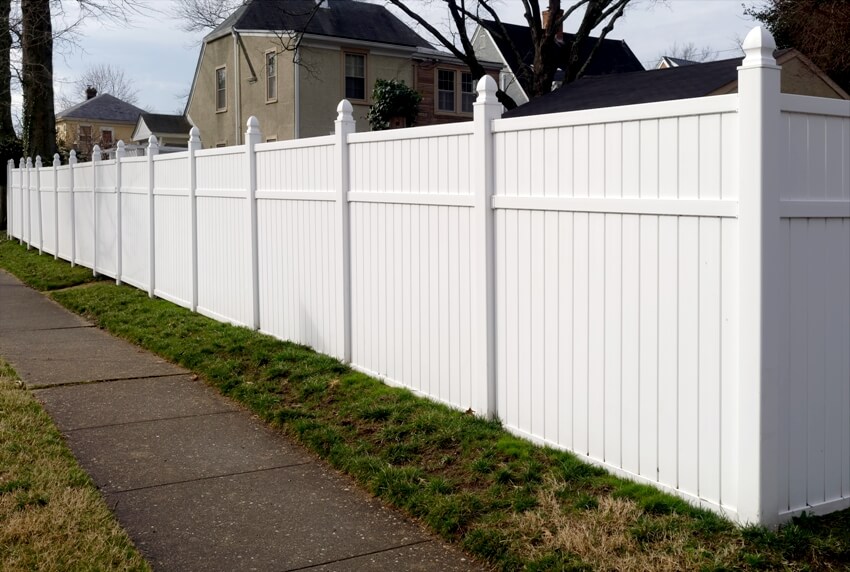
Frequently Asked Questions
What Are The Disadvantages Of A Pvc Fence?
Disadvantages of a PVC fence include limited color options, potential for cracking in extreme weather, and cost.
Are Pvc Fences Worth It?
PVC fences are worth it due to their durability, low maintenance, and long lifespan. They are resistant to rot, decay, and pests, making them a cost-effective option.
PVC fences also offer versatility in design and style, enhancing the aesthetic appeal of any property.
How Long Will A Pvc Fence Last?
A PVC fence can last up to 25-30 years with proper maintenance. Regular cleaning and inspections can prolong its lifespan.
Conclusion
PVC fencing offers durability and low maintenance but can be expensive. It provides privacy and comes in various styles, but may not withstand extreme weather.
Before making a decision, consider your specific needs and budget. Overall, weigh the pros and cons to determine if PVC fencing is the right choice for your property.

